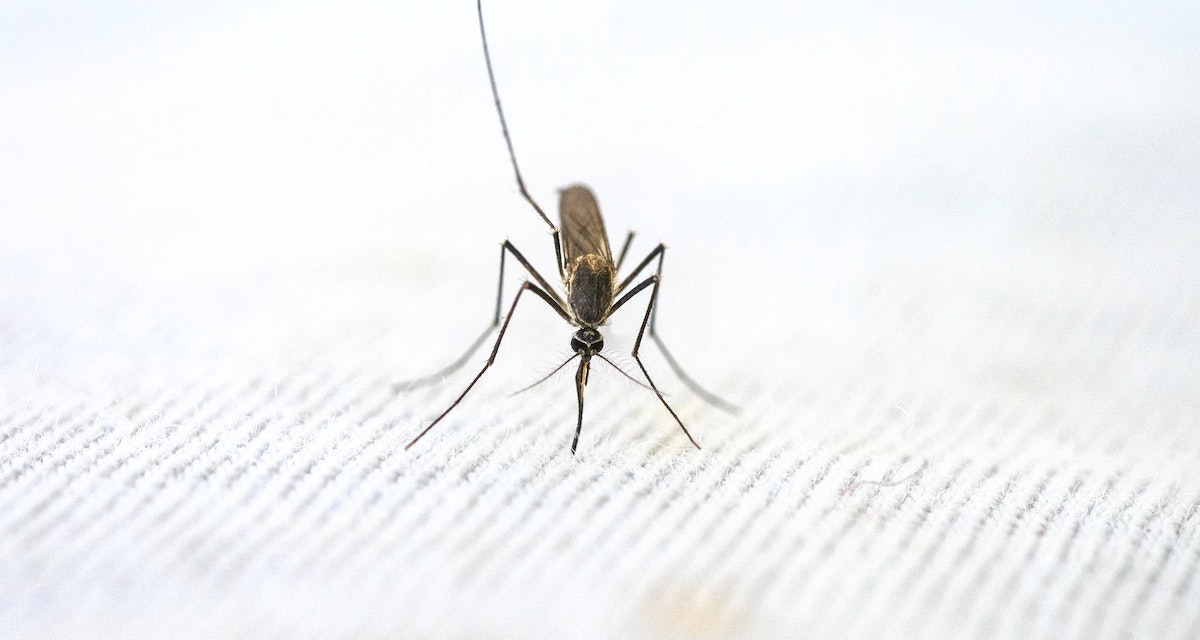 Malaria is a disease caused by a parasite and is spread to humans through the bites of infected mosquitoes. People who have malaria usually feel very sick with symptoms like high fever and shaking chills. While the disease is uncommon in temperate climates, malaria is still common in tropical and subtropical countries.
Malaria is a disease caused by a parasite and is spread to humans through the bites of infected mosquitoes. People who have malaria usually feel very sick with symptoms like high fever and shaking chills. While the disease is uncommon in temperate climates, malaria is still common in tropical and subtropical countries.
Each year nearly 290 million people are infected with malaria, and more than 400,000 people die of the disease. The World Health Organization has recommended a malaria vaccine for use in children who live in countries with high numbers of malaria cases.
Signs and symptoms of malaria may include fever, chills, general feeling of discomfort, headache, nausea and vomiting, diarrhea, abdominal pain, muscle or joint pain, fatigue, rapid breathing, rapid heart rate, and cough¹. Some people who have malaria experience cycles of malaria “attacks” which usually start with shivering and chills, followed by a high fever, followed by sweating and a return to normal temperature.
Malaria is caused by a single-celled parasite of the genus Plasmodium. The parasite is transmitted to humans most commonly through mosquito bites. Malaria spreads when a mosquito becomes infected with the disease after biting an infected person, and the infected mosquito then bites a noninfected person.
Please note that this information is intended for general knowledge and it’s always best to consult with a healthcare professional for medical advice.
Malaria has been in the news recently due to the following developments:
- WHO Approves Second Malaria Vaccine: The World Health Organization (WHO) has approved a second malaria vaccine, R21/Matrix-M, for use in children. This follows the approval of the first malaria vaccine, RTS,S/AS01, in 2021.
- New Malaria Vaccine Developed by University of Oxford: Scientists at the University of Oxford have developed a new malaria vaccine that offers up to 80% protection against the disease. The vaccine is expected to be rolled out next year.
- India’s Progress in Reducing Malaria: India has made significant progress in reducing its malaria burden. The country has reported a decline of 17.6% in 2019 as compared to 2018. The Annual Parasitic Incidence (API) reduced by 27.6% in 2018 compared to 2017 and by 18.4% in 2019 as compared to 2018. India has also contributed to the largest drop in cases region-wide, from approximately 20 million to about 6 million.
Please note that these are just some of the recent developments related to malaria. For more detailed and up-to-date information, you may want to check out reliable news sources or the WHO website.